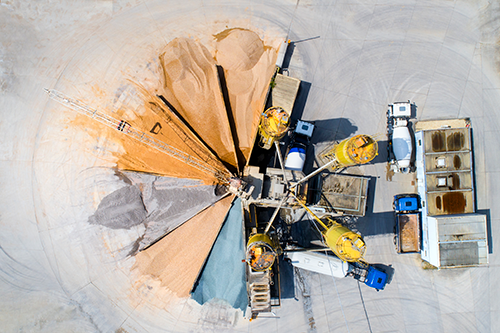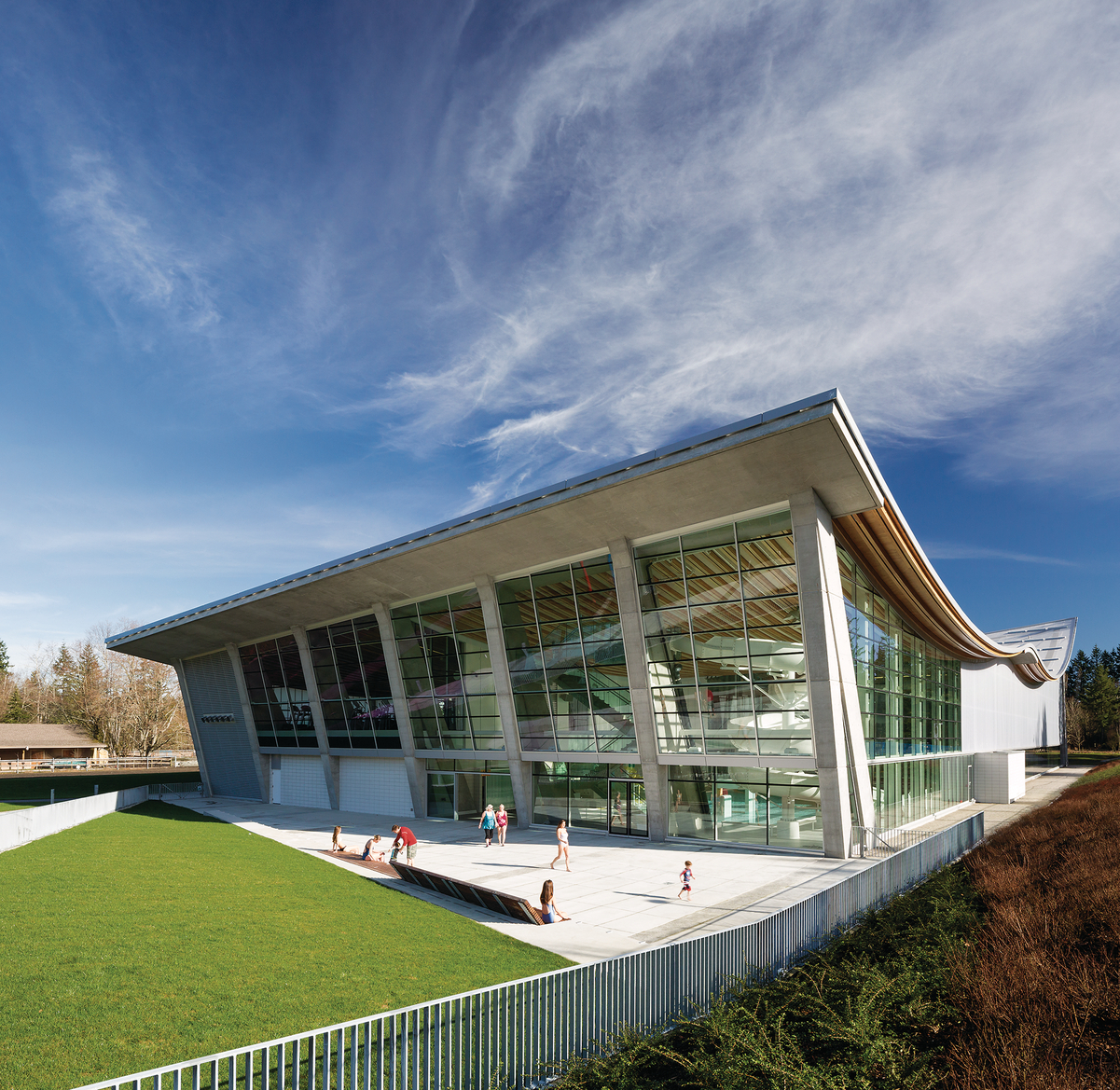Paul Shorthouse, Senior Director, Delphi Group
Keeping materials, components, products and assets at highest utility
The built environment in Canada is one of the largest consumers of raw materials and energy and is also the largest contributor to the waste stream by weight. In Canada, 3.4 million tonnes of construction materials are sent to landfill annually representing an estimated 1.8 million tonnes of embodied carbon.
The circular economy aims to keep materials, components, products and assets at their highest utility and value at all times. In contrast to the ‘take, make, use, dispose of’ linear model of production and consumption, material goods are designed and produced to be more durable, and to be repaired, refurbished, disassembled, and reused in perpetuity reducing the demand for resources, eliminating waste and lowering pollution.
Kirk LaPointe, Business in Vancouver’s editor-in-chief, and Paul Shorthouse, senior director at Delphi Group explore what the circular economy is and how it applies to the construction sector. They discuss the business case for adopting a circular economy and the opportunities for British Columbia and Canada.



